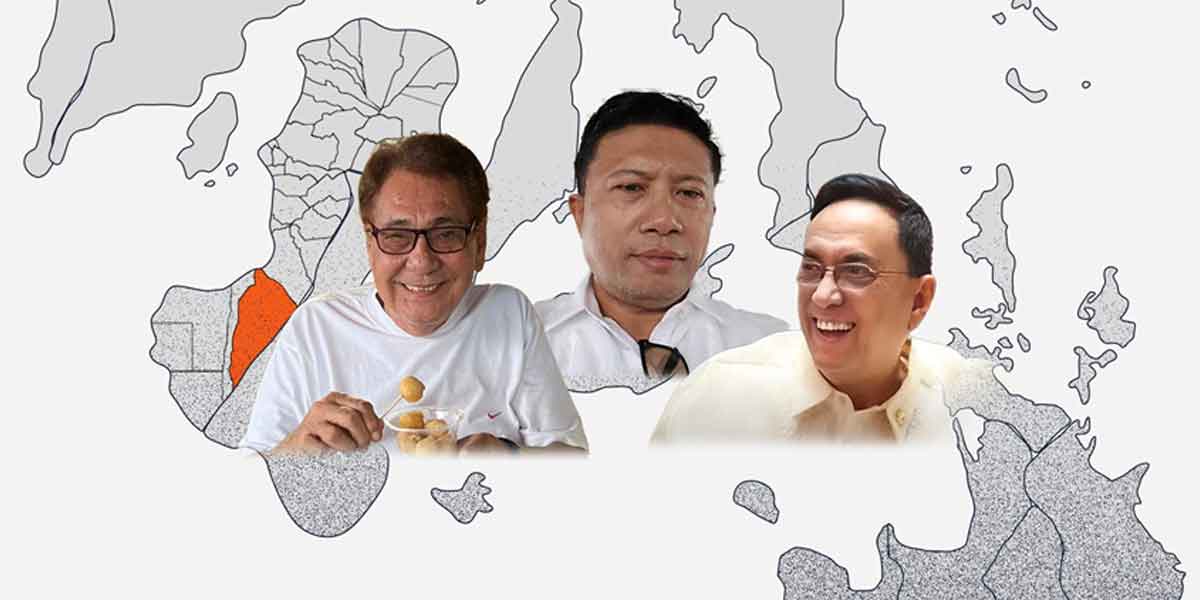In celebration of the National Intellectual Property Month (NIPM) this April 2023, the Intellectual Property Office of the Philippines (IPOPHL) is confronting gender disparities in scientific and creative fields as part of the global effort to boost women’s utilization of the intellectual property (IP) system.
The NIPM 2023 theme, “Women and IP: Accelerating Innovation and Creativity,” follows the tone set by the World IP Organization (WIPO) for World IP Day celebrated every April 26.
“Capacitating and investing in women, as well as reducing their barriers of entry into their desired professions, have bigger multiplier effects both in economic and social terms. Societies and institutions – even down to families – can reap larger benefits if we put more women on various frontlines toward progress,” Director General Rowel S. Barba said.
“There is an abundance of empirical research on the opportunity costs slipping from our hands each time we leave out gender parity in our growth strategies and discussions for development,” Barba added.
He noted that IPOPHL takes gender gaps seriously, especially as latest data from WIPO show that women’s share to the country’s international patent applications moved flat in the past year.
In 2021, while the Philippines ranked 2nd worldwide in patents filed through the international route, the 2022 share of Filipinas stood at 38%, unchanged from the previous year.
WIPO estimates that if the world doesn’t accelerate efforts to empower women inventors, parity, in which women contribute to at least 50% of patents, will not be achieved until 2053 or over two decades past the United Nations’ Sustainable Development Goal 5 of achieving gender equality by 2030.
“While we celebrate the resurgence in filing activities at our Office, we must ensure that women are part of that resurgence. We must make sure that our innovation, business and creative environments capture as diverse a voice as possible so that more people can embrace and produce IP outputs based on their respective needs and pace,” said Financial Management and Administrative Service Assistant Director Lea Criselda S.J. Anolin, who also sits as alternate chair to IPOPHL’s internal Gender and Diversity Group.
Focusing on five points, Anolin said the country must encourage more women to contribute to science and the arts; capacitate women to capitalize on the IP system; empower women at the lower end of the economic spectrum; strengthen collaborations between the government, the private sector and the academe to reach more women who can benefit from IP; and start thinking about policies that promote gender equality in their workplaces and homes.
IPOPHL touted its Juana Patent and Juana Design Protection Incentive Program for women inventors and women-led startups, its Juana Make a Mark Program for women entrepreneurs and women-led MSMEs, as well as its Copyright Plus Program for underrepresented sectors, as potent gateways to unlock women’s innovative, entrepreneurial and creative skills.
Empowering women through fashion
Meanwhile, Documentation, Information and Technology Transfer Bureau (DITTB) Director Jarvis H. Alindogan presented IPOPHL’s plans for World IP Day on April 26 to focus on empowering women through the fashion and wearables industries.
“Fashion tells stories about our culture and identity. It conveys our confidence, innovativeness, resourcefulness and creativity as a people. It is a great avenue to empower women. But the global fashion industry, even in the country, has had its share of inequality, down to the fabric of its value chains,” said Alindogan.
In a 2018 research note on the garment, textile and footwear sector in the Asia Pacific, the International Labor Organization (ILO) found that women in the garment, textile and footwear sector in the Philippines are paid around 6.5% less than men, on average.
The finding, according to ILO, implies that even when women attain similar or better education and experience than men, they still receive lower wages for work of equal value due to gender-based discrimination.
“With the incentive of the IP system, we can elevate women’s craftsmanship to redesign the fashion scene as a force of good. Both Filipinas and Filipinos can redefine the Philippine fashion and wearables industries as runways for equal opportunities, championing the needs of women, no matter their shape, size, skin tone and background,” Barba said. (Janina Lim/IPOPHL)






















